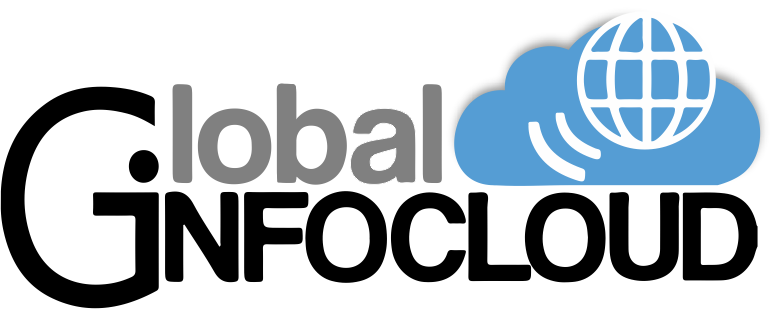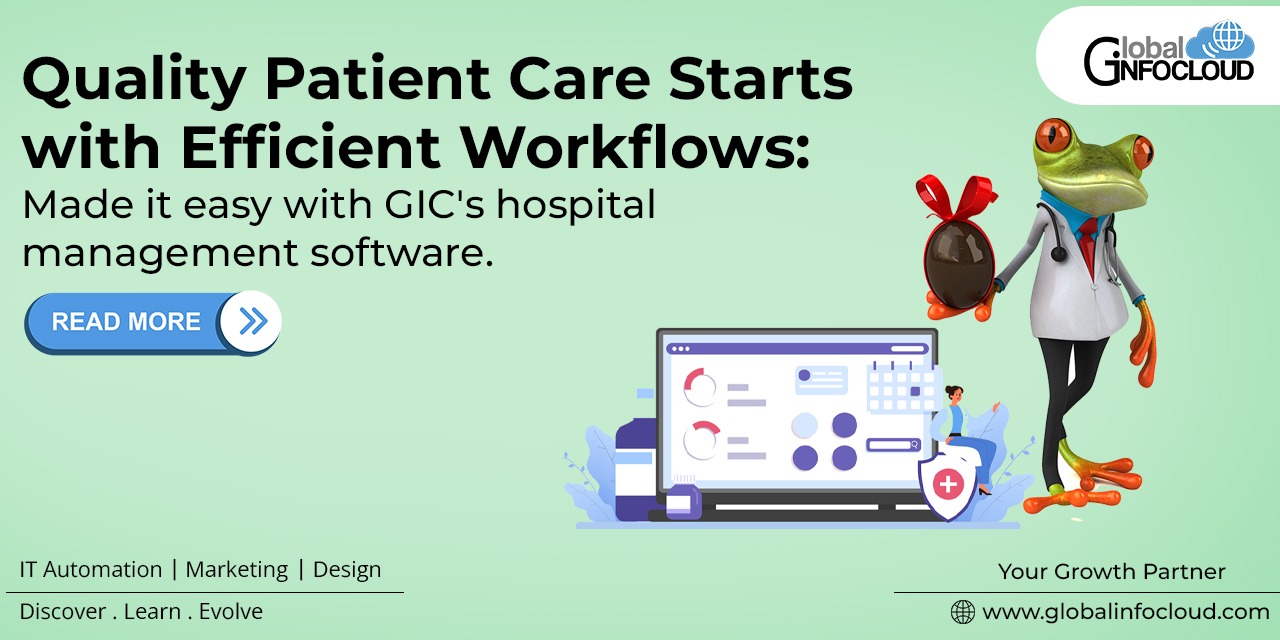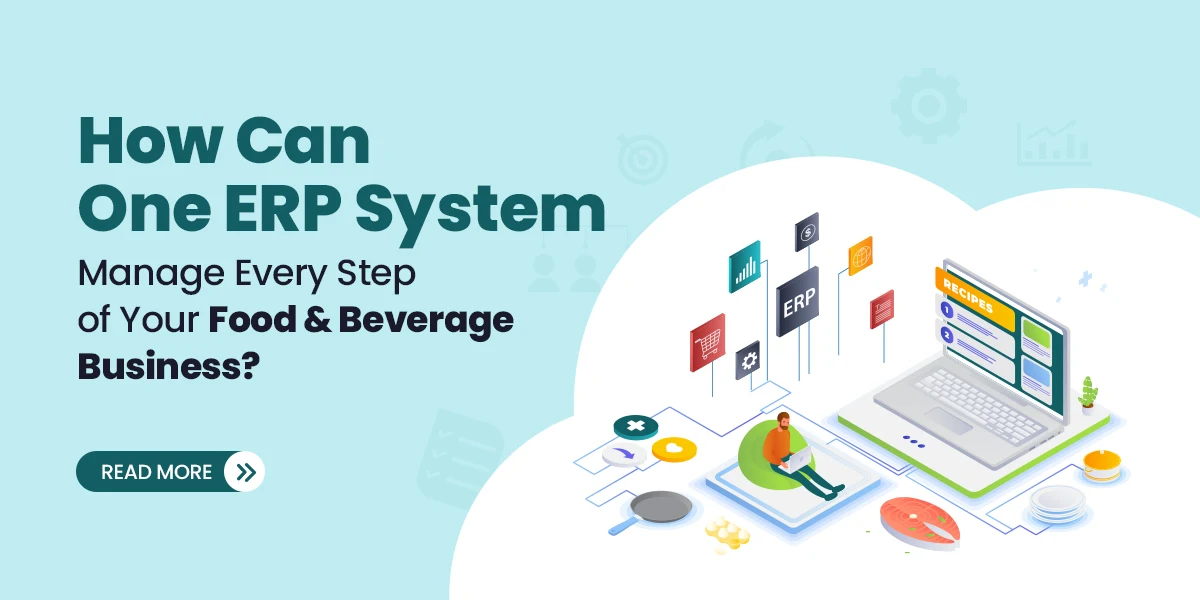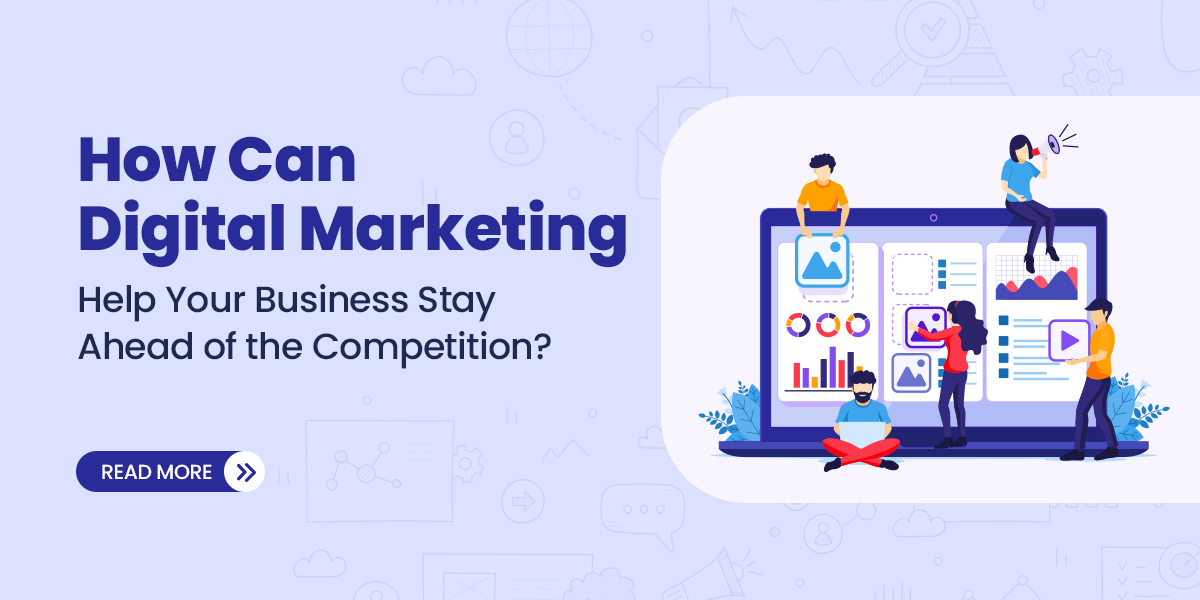The standard of patient care is still critical in the dynamic healthcare system. Every step of a patient’s care through the healthcare system, from diagnosis to treatment and beyond, requires effectiveness, precision, and compassion. To do this, you need medical experts with the necessary skills and reliable systems and technologies that facilitate smooth operations. One such product that completely changes hospital operations is the hospital management software from Global Infocloud(GIC).
The Importance of Efficient Workflows in Healthcare
Effective workflows are essential to providing high-quality patient care. They guarantee efficient use of resources, streamlined procedures, and smooth provider-to-provider contact. Healthcare personnel can spend more time caring for patients when workflows are optimised rather than being hampered by paperwork or systemic inefficiencies.
The necessity for effective processes is even more critical in a hospital context, where there is typically high urgency and stakeholder uncertainty. Every stage of patient care, from appointment and registering the patient to billing and discharging the patient, needs to be meticulously planned to reduce errors and delays.
GIC’s Hospital Management Software
The hospital management software from GIC handles the intricate problems that modern healthcare institutions must deal.This all-inclusive approach improves operational efficiency by consolidating different departments and tasks inside a hospital.
Key Features
Appointment Management: By enabling online appointment scheduling, the programme minimises wait times and maximises the use of available resources.
Electronic Health data (EHR): Faster and more precise diagnosis and treatment decisions are made possible by the instantaneous access to critical information by digital patient data.
Billing and Insurance Management: Revenue cycle management is enhanced by automating billing procedures, which reduce errors and guarantee prompt payment.
Inventory management: Hospitals can avoid stockouts and waste by using software to monitor ideal inventory levels for medications and medical supplies.
Analytics and Reporting: Strong analytics systems give administrators insights into hospital operations, allowing them to pinpoint problem areas and make informed decisions.
Benefits for Patients and Healthcare Providers
GIC’s hospital management software yields noticeable advantages for medical practitioners and patients.
Better Patient Experience: When appointments are made fast, patients enjoy convenience and satisfaction. It reduces wait times and smoothens billing procedures.
Improved Clinical Outcomes: Access to extensive patient data enables medical professionals to provide more efficient and individualised care, which improves clinical outcomes.
Enhanced Operational Efficiency: Hospitals can optimise resource utilisation and lessen staff administrative strain by automating repetitive processes.
Enhanced Financial Performance: Healthcare organisations can achieve financial sustainability and growth through revenue cycle management and timely billing.
Conclusion
Providing patients with high-quality care requires more than just medical knowledge; it also involves effective processes and seamless provider coordination. The hospital management software from GIC gives contemporary healthcare organisations a comprehensive answer to their problems, enabling them to maximise efficiency and provide great care.
Hospitals may improve clinical outcomes, guarantee long-term viability in a highly competitive healthcare market, and improve the patient experience by utilising technology to expedite procedures and boost communication. Adopting modern technologies such as GIC’s software is not an option; it is a strategic necessity for healthcare establishments dedicated to providing the best possible treatment.




